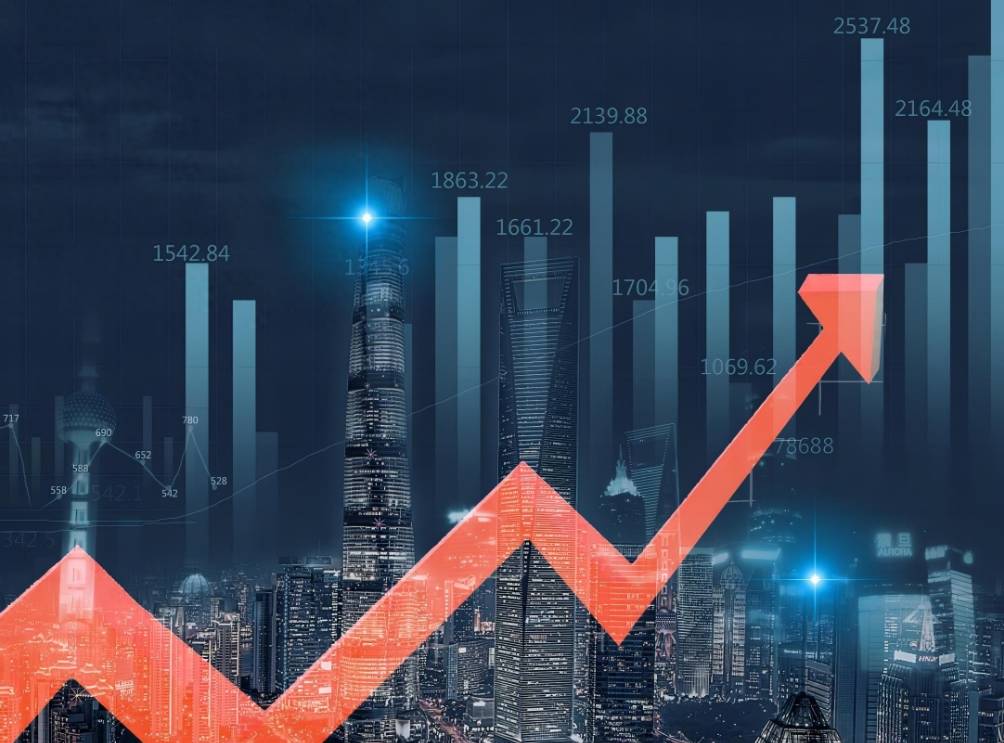Metaverse Finance: Exploring New Frontiers
Advertisements
The concept of the metaverse once resided solely within the realms of science fiction, yet it has now burgeoned into a palpable economic phenomenon with vast potential. This enchanting digital domain transcends mere three-dimensional environments, integrating cutting-edge technologies such as blockchain, artificial intelligence (AI), and virtual reality (VR) to establish a new economic entity. Within the metaverse, the previously solid lines demarcating reality and the virtual world are increasingly blurred, and at the heart of this burgeoning field lies virtual finance, which serves as a crucial engine propelling its growth.
To grasp the essence of the metaverse economy, we must define it clearly: it encompasses all economic activities taking place in virtual spaces, including the buying and selling of goods, the provision of services, asset management, and financial investment. However, this model is not merely a digital reflection of traditional economies; it introduces an innovative economic ecosystem. For instance, users can acquire virtual land, trade in NFTs (non-fungible tokens) that represent digital art, or partake in decentralized finance (DeFi) protocols to generate returns on their investments within these virtual frameworks.
In the metaverse economy, virtual assets emerge as vital components. Virtual land, digital goods, and NFTs represent distinctive items whose uniqueness and ownership are verifiable through blockchain technology. NFTs, in particular, are witnessing a meteoric rise, dominating sectors such as art, entertainment, and gaming. Within this imaginative ecosystem, virtual assets not only boast inherent entertainment worth but also function as investment vehicles, offering users pathways to wealth augmentation.

The ascent of decentralized finance has further invigorated the metaverse economy. Utilizing smart contract technology, DeFi platforms furnish users with a suite of financial services—such as lending, trading, and saving—without relying on conventional financial institutions. This innovation streamlines access to financial services, lowers barriers to entry, and significantly enhances transaction efficiency and transparency. In the metaverse, DeFi acts as a crucial facilitator for the circulation of virtual assets, enabling users to seamlessly manage and grow their digital wealth.
Nevertheless, the emergence of the metaverse economy is not without its hurdles. The volatility of virtual financial markets, elevated transaction costs, and potential regulatory challenges present significant obstacles that must be navigated. Yet, the undeniable truth is that the metaverse economy is reshaping the global economic landscape. On this new frontier, both enterprises and individuals must seize opportunities to secure their places in the future digital economy.
The expansive potential of the metaverse economy has captivated the attention of industry giants. Behemoths like Meta (formerly Facebook), Microsoft, and Google are pouring substantial investments into the development of metaverse platforms, vying for superiority in this dynamic sector. The gaming industry has emerged as a pioneer in the metaverse economy. Titles such as "Roblox," "Minecraft," and "Fortnite" have long surpassed their initial entertainment value, evolving into critical arenas for social interaction, creativity, and economic engagement among users.
For individual users, the metaverse economy presents not only an entertaining playground but also a fresh avenue for revenue generation. Within this digital realm, every participant can assume the roles of creator, trader, or even entrepreneur. Through crafting and selling virtual assets, engaging in digital activities, or providing virtual services, users can establish diversified income streams. Remarkably, some players have achieved staggering financial success by operating virtual land or creating digital art, realizing annual incomes that surpass $1 million. The diversity and openness of this economic model furnish users with unprecedented opportunities.
The vibrant growth of the metaverse economy has sparked contemplations regarding its regulatory framework. While the decentralized nature of virtual financial markets evades some restrictions posed by traditional financial systems, it simultaneously introduces risks related to fraud, money laundering, and other illicit activities. Consequently, governments and regulatory bodies worldwide are diligently exploring pathways to balance user protection with the stimulation of innovation. As legal frameworks gradually evolve, the metaverse economy stands poised for more stable and sustainable growth.
From a corporate perspective, the metaverse economy embodies vast market potential. From virtual real estate ventures to brand virtualization, the metaverse opens new doors for innovative marketing strategies and customer engagement avenues. Numerous brands have already begun testing the waters in this arena; luxury retailers like Gucci and athletic brands like Nike are leveraging virtual storefronts and digital goods to interact with consumers, significantly amplifying their brand influence and customer loyalty. This immersive experience is set to become a cornerstone of future brand-user connections.
Ultimately, the metaverse economy signifies not just a technological revolution but a profound economic transformation. As this new frontier unfolds, we will witness the emergence of myriad business models, groundbreaking products, and compelling wealth narratives. Whether representing businesses or individuals, the onus lies upon participants to harness this historical opportunity, proactively exploring and engaging in the metaverse to secure their positions amid the forthcoming digital wave.
Post Comment